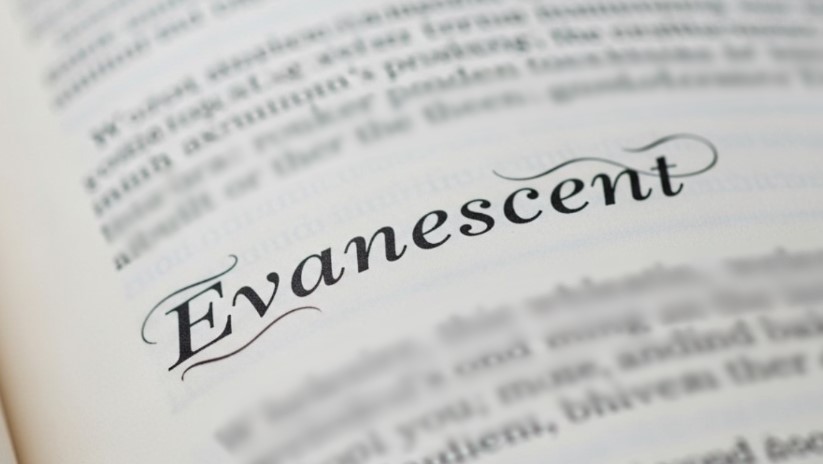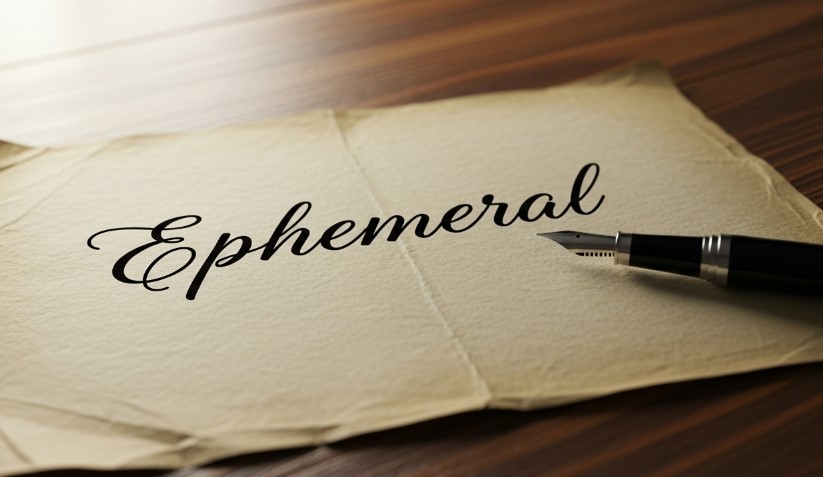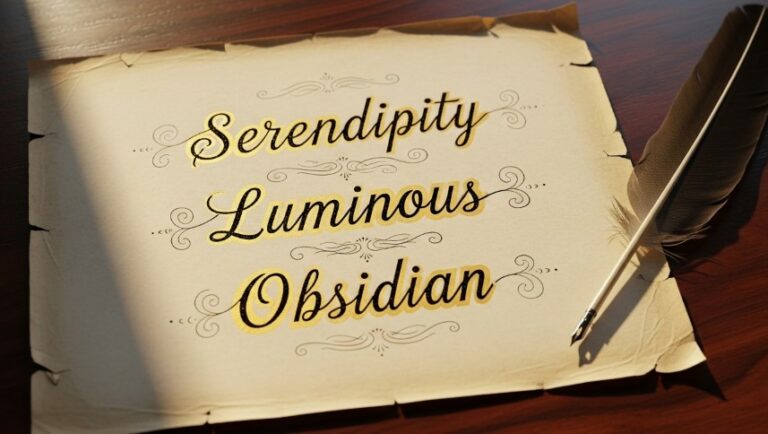When people ask what the most beautiful words in English are, the concrete answer is this: beauty in language is not only about meaning, but also about how a word feels when spoken and the emotions it carries. Linguists often point to qualities like soft consonants, open vowels, and rhythm as reasons why some words sound pleasing to the ear.
But beyond sound, certain words carry imagery, history, and emotional resonance that make them unforgettable.
Words can remind us of love, nature, hope, mystery, or even simple everyday joys. That is why lists of beautiful words often include terms tied to nature, emotion, music, and the human spirit. Just make sure you do not misuse them.

The 50 Prettiest Words
Looking at the list, you’ll notice a pattern: many of the most beautiful English words are tied to imagery, music, and emotion. Words like serenade or symphony echo sound, while gossamer or diaphanous describe delicate textures.
Others, such as hope or beloved, strike us because of their emotional weight, even though they are simple and familiar. This shows that beauty in language is not limited to rare or obscure vocabulary – it can be found in the everyday words we use to express love, comfort, and resilience.
The Role of Sound and Rhythm
Linguists often note that the way a word sounds affects how we perceive its beauty. Open vowels like “a” and “o” give words softness, while flowing consonants like “l” and “s” create a smooth rhythm.
That is why words such as luminous, mellifluous, and tranquility feel calming and musical when spoken aloud. Reading them can be pleasing, but hearing them said – or saying them yourself – adds another layer of beauty.
Cultural and Emotional Layers

Some of these words carry centuries of history. Renaissance recalls the explosion of art and ideas in Europe, while aurora links back to ancient myths about dawn.
Words like sonder and vellichor are more recent coinages, but they gained popularity because they describe experiences people instantly recognize: the quiet wonder of realizing others live full lives, or the nostalgia of stepping into an old bookstore.
This mix of ancient and modern shows how English constantly grows while holding onto its poetic past. Moreover, both old and new words can sound fancy in the same way.
Using Beautiful Words in Everyday Life
Appreciating these words is not only about admiring them on a list – it’s also about using them. Writers and speakers who choose words like ethereal instead of light or idyllic instead of pleasant add color and depth to their expression.
Even in daily conversation, sprinkling in words such as tranquility or hope can change the emotional tone of what you say. These words carry atmosphere, and when used thoughtfully, they enrich both writing and speech.
Final Thoughts
What makes a word beautiful is not just its dictionary meaning, but how it connects to human experience. Even the words people hate, some others love the same words. Many of these words tie into nature, love, dreams, and art – themes that humans have cherished across centuries. The next time you pause on a word that feels special, notice its sound, rhythm, and the image it paints in your mind. English is full of functional terms, but it is these kinds of words – serendipity, ethereal, tranquility – that remind us language can also be poetry.

